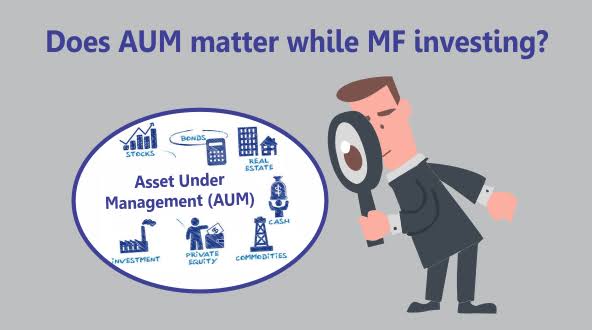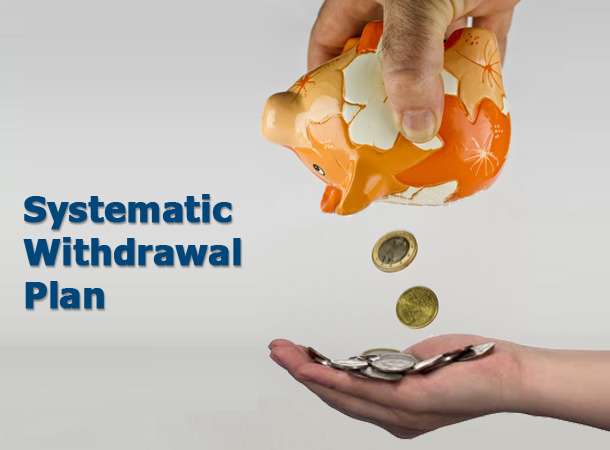
HOW CAN DEBT MUTUAL FUND HELP IN BETTER TAX PLANNING?
Updated on 24-11-2019
Debt funds are useful in creating that part of your investment portfolio where you are looking for stable returns with low risk.
Investing in mutual funds is not just about starting that SIP in an equity mutual fund. There is an entire category of debt or fixed income funds with different options for individual investors. Debt funds are useful in creating that part of your investment portfolio where you are looking for stable returns with low risk.
Debt funds are the closest which comes to the conventional FDs in terms of risk. A debt fund’s main goal is to give investors steady income throughout the investment horizon. So, you must choose a time horizon in line with that of the fund.
You can find out about various debt funds and their duration directly from the fund houses or online or through a third-party. This will help investors understand a fund’s performance with respect to interest rates. It will also make it easier for you to taking advantage of the market volatility by making informed decisions.
Typically, this is filled with bank deposits, however, if used wisely debt funds can not only deliver better returns but also more tax efficient returns.
Here is how.
Redemption flexibility, growth option and indexation
Opt for the growth plan in a debt fund rather than dividend plan. Although a regular dividend is more alike to the regular interest payment from fixed deposits, it is not as useful in a debt mutual fund. The mutual fund scheme has to pay a distribution tax of 29.1% on the dividend they pay you. While you don’t see this tax, it reduces your overall return.
When you pick the growth option, gains get accumulated and reflect as a higher NAV or price of your scheme. This translates to capital gains and is taxed at your income tax rate if you redeem before 36 months or three years. If you hold for longer, the gains are taxed at 20% but at an indexed cost. This means that your buy price will get inflated or increased as per the inflation index of the last three years before you calculate the gains. This higher cost will reduce the margin of gains and the subsequent tax on them.
Secondly, Mutual Funds give you the flexibility to redeem smaller amounts. You can redeem what you need before the three years is up and leave the rest in. You will pay short term capital gains tax to the tune of your income tax on these units, for the units left behind for more than 3 years you have a more efficient tax. This is not possible in case of other locked in fixed income investments.
Lastly, capital gains, both short and long term, can be offset against capital losses from other assets. This too gives you the opportunity to lower your tax out flow.
How indexation reduces your tax outgo
Indexing your cost of purchase in a debt fund can reduce the effective tax rate substantially.
Assume you invested in January 2016 and redeem in February 2019*
Assumed expected annual return from your debt fund – 7.5%
.png)
* The backdated assumption is to show actual based on the officially notified cost inflation index
** Indexed cost - Original investment (A) x (Cost inflation index in the year of sale FY/cost inflation index in the year of purchase FY)
FY - Financial Year
Inflation in the years between 2015-16 and 2018-19 has been very low to the tune of 2.8%-3% annually. The indexation benefit reflects this. In years of higher inflation, the benefit of indexation can lower your effective tax rate more. Plan your fixed income allocation better by including good quality debt mutual funds. This will not only help you lower your tax bill but also give you the flexibility to manage your redemptions as required.
You can use GIIS Financial tools or Our Android App for Investment, tracking and Asset allocation planning.
*Mutual Fund Investments are subject to market risk, read all scheme related documents carefully.
Share On















0
Comment